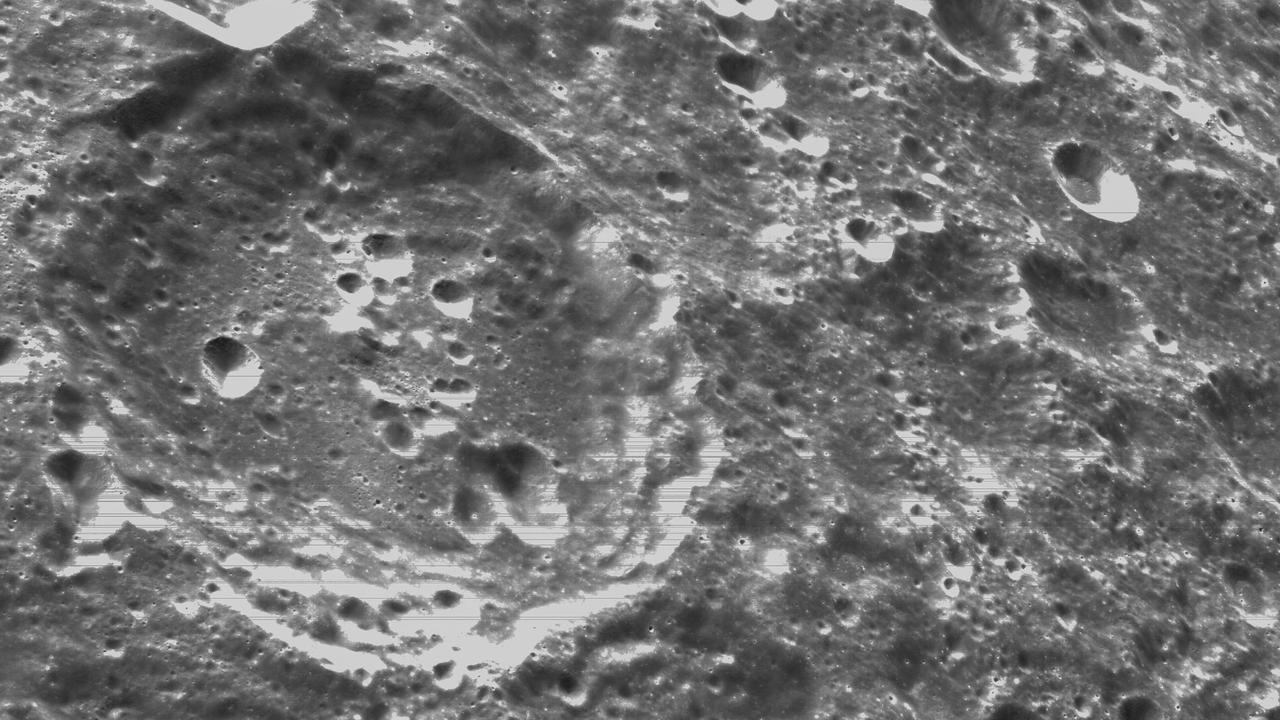The spacecraft, which was launched last week, reached the Moon on Monday. Orion passed the celestial body at an altitude of 130 kilometers.
During the flyby, Orion took a large number of sharp black and white photos using its optical navigation camera. The images show the scarred surface of the Moon, which has been pulverized by the impacts of space rocks.
The Navigation Camera took pictures of the Earth and Moon at different times and distances. In this way, NASA is testing the effectiveness of the navigation camera under various lighting conditions. The results will be used to simplify navigation for future manned space missions to the Moon.
On Friday, the Orion spacecraft will launch into high orbit around the Moon. If all goes well, the capsule will remain in lunar orbit for about a week. On December 11, the spacecraft is expected to return to Earth as the Pacific Ocean splashes off the coast of California.
The space mission is known as Artemis I. The mission aims to test all systems.
The upcoming Artemis missions, scheduled to start in 2024, will also include manned spaceflights to the moon. In the year 2025, humans will have to set foot on the moon again for the first time since 1972.







